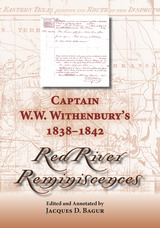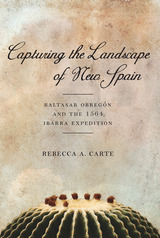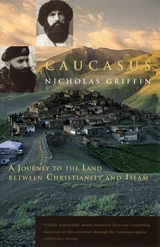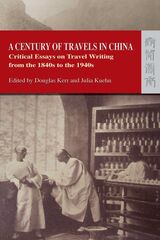An Unformed Map: Geographies of Belonging between Africa and the Caribbean
Duke University Press, 2025
Cloth: 978-1-4780-2869-7 | eISBN: 978-1-4780-6090-1
See other books on: Black Studies (Global) | Caribbean | Central | Colonialism & Post-Colonialism | Geographies
See other titles from Duke University Press
Cloth: 978-1-4780-2869-7 | eISBN: 978-1-4780-6090-1
ABOUT THIS BOOK | AUTHOR BIOGRAPHY | REVIEWS
ABOUT THIS BOOK
In An Unformed Map, Philip Janzen traces the intellectual trajectories of Caribbean people who joined the British and French colonial administrations in Africa between 1890 and 1930. Caribbean administrators grew up in colonial societies, saw themselves as British and French, and tended to look down on Africans. Once in Africa, however, they were doubly marginalized—excluded by Europeans and unwelcome among Africans. This marginalization was then reproduced in colonial archives, where their lives appear only in fragments. Drawing on sources beyond the archives of empire, from dictionaries and language exams to a suitcase full of poems, Janzen considers how Caribbean administrators reckoned with the profound effects of assimilation, racism, and dislocation. As they learned African languages, formed relationships with African intellectuals, and engaged with African cultures and histories, they began to rethink their positions in the British and French empires. They also created new geographies of belonging across the Atlantic, foundations from which others imagined new political horizons. Ultimately, Janzen offers a model for reading across sources and writing history in the face of archival fragmentation.
See other books on: Black Studies (Global) | Caribbean | Central | Colonialism & Post-Colonialism | Geographies
See other titles from Duke University Press












